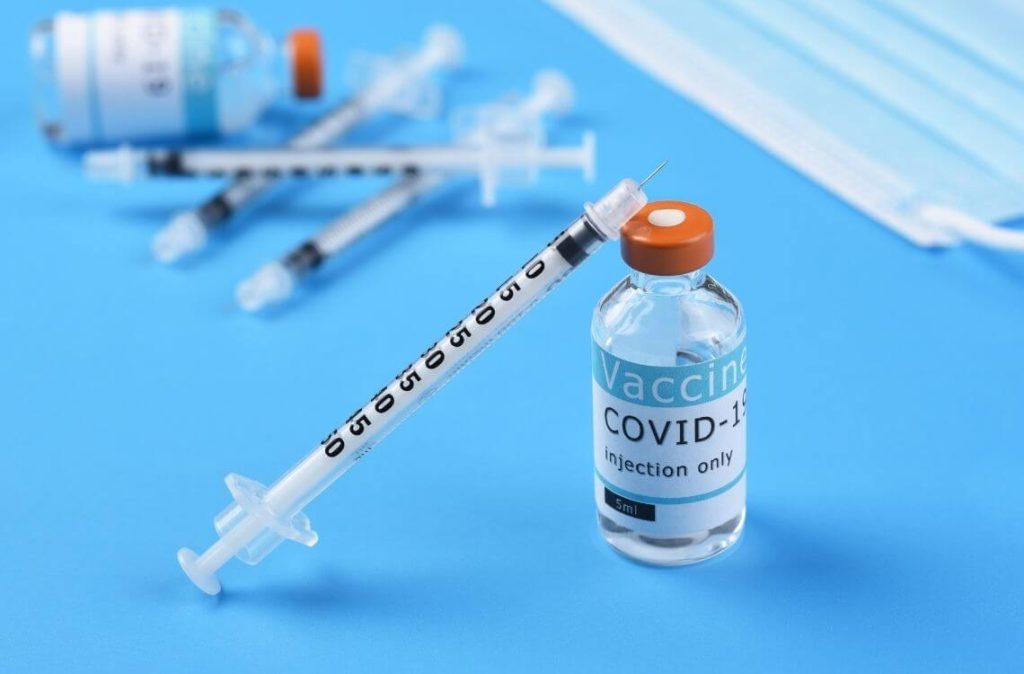Sinovac recipients have started to receive their COVID-19 booster doses today.
Yesterday, Health Minister Khairy Jamaluddin announced the booster doses will be administered today free of charge to those already completed both Sinovac doses at least three months ago. The booster program is administered under the COVID-19 National Immunisation Programme (NIP).
Previously, the vaccine booster programme was extended to Pfizer recipients first in Sarawak then Sabah.
Pfizer Booster Provides Full Immunity from COVID-19
Just yesterday as well, Pfizer and BioNTech released a statement regarding a first-of-its-kind, large scale trial of their COVID-19 vaccine booster. Results showed that the boost succesfully restored full protection within recipients against the disease.
“These results provide further evidence of the benefits of boosters as we aim to keep people well-protected against this disease.”
– Pfizer chairman and chief executive officer, Albert Bourla.
The doses were administered to 10,000 individuals aged 16 years and above in a Phase 3 randomised, controlled trial.
It reportedly displayed an efficacy of 95.6% in comparison to those who did not receive the booster.
COVID-19 Booster Doses to Expand for Sinovac Recipients Today
In a press conference today, Health Minister Khairy Jamaluddin mentioned the recipients will be given the Cominarty vaccines through ‘heterologous vaccination’ (mixing vaccines).
The booster programme begins first with those aged 60 and above. This is based on recommendations by the World Health Organisations Strategic Advisory Group of Experts (Sage) on Immunisation. The meeting was held from October 4th to 7th, 2021.
The programme was spearheaded by private medical practitioners under the coordination of ProtectHealth Corporation Sdn. Bhd. The heterologous vaccine, additionally, will be off-label use.
Those eligible will be notified through the MySejahtera application and to those without the app, through short messaging services (SMS).
“The method of booster dose appointments will be improved from time to time and soon, vaccine recipients will be able to make appointments through a system (currently) being developed by the Health Ministry.”
– Health Minister, Khairy Jamaluddin.
He also explained the booster doses are voluntary, with the objective of ensuring an optimum level of protection for vaccine recipients in the country.
The government came to the decision to expand the booster dose programme after considering the spike in COVID-19 hospitalisations. This is in reference to cases in the central zone (Selangor, Kuala Lumpur, and Putrajaya), Sarawak, and Negeri Sembilan.
An Uphill Trend
According to data from the Health Ministry, the country exhibited an increasing trend of hospitalisations into government hospitals and COVID-19 Low-Risk Quarantine and Treatment Centres (PKRC), most notably after lifting the interstate travel ban on October 11, 2021.
States Sarawak and Negeri Sembilan exhibited similar situations and pattens especially in patients of Categories Three, Four, and Five.
Health Minister, Khairy Jamaluddin also mentioned that these patterns are indeed worrying and the minister will continue on with vigilant constant monitoring.
The booster programme began on October 13th with the Cominarty vaccine. To this date, a total of 47,728 people have received their booster doses. The doses were offered to frontliners, elderlies aged 60 and above, and those with comorbidities.
Data from Other Countries in Review
Health Minister, Khairy Jamaluddin also said data from other countries administering the booster doses, including AstraZeneca, are under study to decide on the country’s best course of action.
The United Kingdom, to exemplify, utilises the AstraZeneca vaccine as the primary vaccine. Khairy mentioned should the U.K recommend the booster, Malaysia shall follow suit after studies by experts.
At this moment, the government recommends homologous (same vaccine) Pfizer booster vaccines and Pfizer-Sinovac heterologous (different vaccines) booster vaccines.
Khairy also said that the ministry won’t disregard future mixes of the vaccine.
On the other hand, data from other countries are also under review.
“Most countries have started their booster doses, but none has yet to administer a fourth dose. We will monitor and study the experience from other countries that had begun their immunisation programmes earlier,” said Khairy.
These data will be in consideration before the country decides on the need to make the COVID-19 vaccination an annual appointment.
For more updates, insightful reads, and fun recipes, visit Motherhood Story!
